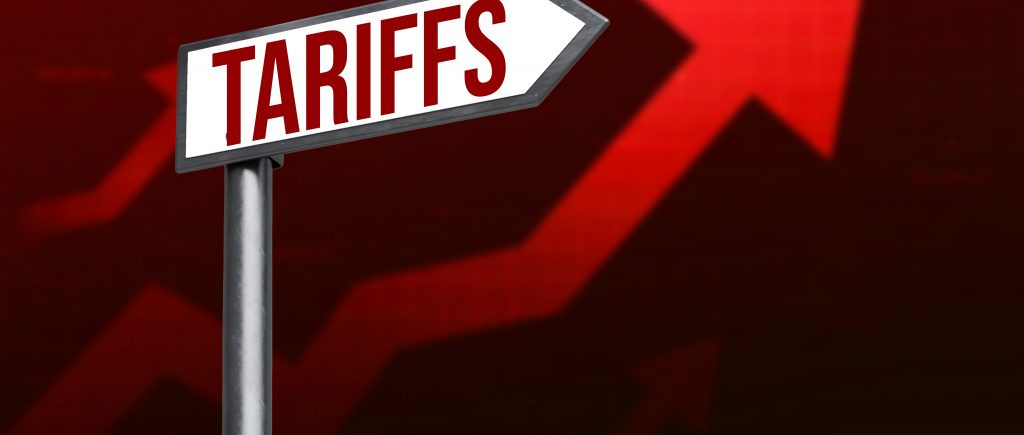A high-stakes legal battle is unfolding in the United States Supreme Court over whether the president has the authority to impose sweeping tariffs without congressional approval. The outcome of this case could redefine the balance of power in U.S. economic policy—and send shockwaves through global financial markets.
At the heart of the case is the question of whether the executive branch can unilaterally use emergency powers to reshape trade policy. The decision could either reaffirm broad presidential discretion or rein in unilateral action, forcing future tariff decisions through the legislative process. Either outcome carries significant implications for global trade dynamics and investor confidence.
Dollar in Focus as Markets Brace for Impact
Currency markets are already on edge. A ruling that upholds expansive presidential powers could strengthen the U.S. dollar, as investors anticipate a more aggressive trade posture and tighter control over imports. Conversely, a decision that limits executive authority may introduce uncertainty, potentially weakening the dollar in the short term as markets recalibrate.
Energy Markets on Alert
Oil and gas markets are particularly sensitive to shifts in trade policy. Tariffs on energy-related goods or on key trading partners could disrupt supply chains, alter pricing structures, and influence global demand. A ruling that affirms presidential authority might embolden future administrations to use tariffs as a tool in energy diplomacy, while a restrictive ruling could stabilize trade flows but limit policy flexibility.
Safe Havens and Speculative Assets React
Gold and silver, traditional safe-haven assets, may benefit from any legal ambiguity or market volatility triggered by the ruling. Investors often turn to precious metals during periods of political or economic uncertainty. Meanwhile, cryptocurrencies—already prone to sharp swings—could see increased activity as traders seek alternatives to fiat currencies amid shifting policy landscapes.
Stocks Face Sector-Specific Risks
Equity markets are watching closely, especially in sectors like manufacturing, energy, and technology. Companies exposed to global supply chains or reliant on imported components could be directly affected by the outcome. A decision that preserves broad tariff powers may boost protectionist sentiment, while a ruling that curtails those powers could favor multinational firms and exporters.

 Noor Trends News, Technical Analysis, Educational Tools and Recommendations
Noor Trends News, Technical Analysis, Educational Tools and Recommendations




